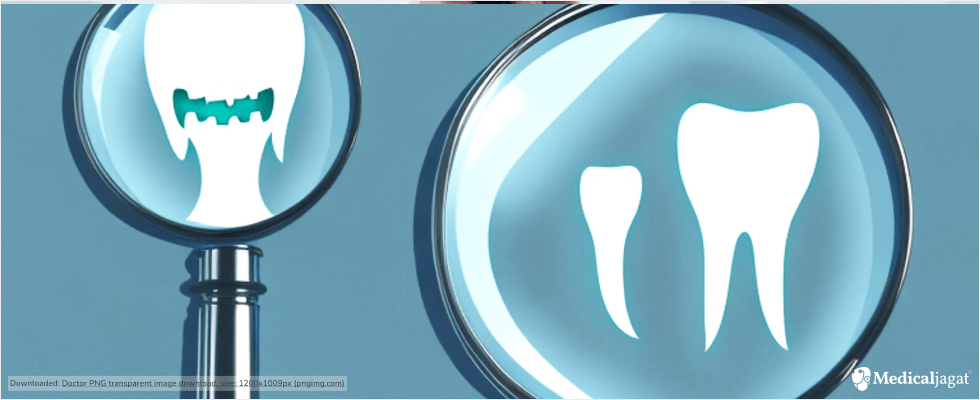
Recently, actress Samantha Ruth Prabhu and Dr. Cyriac Abby Philips (known as The Liver Doc on social media) clashed over the former's recommendation of an alternative treatment for a common viral infection. Medical experts emphasize that when it comes to medical advice on social media from celebrities or influencers, individuals should conduct their own research and seek guidance from qualified medical professionals.
New Delhi: Samantha Ruth Prabhu recently shared on her Instagram story that she had been using hydrogen peroxide nebulization for a common viral infection and found it effective, describing it as working "like magic" for her. In response, Dr. Cyriac Abby Philips criticized Samantha, referring to her as "a health and science illiterate." He also highlighted a warning from the Asthma and Allergy Foundation of America cautioning against nebulizing hydrogen peroxide due to potential health risks.
Doctors emphasize that it's crucial not to rely on medical advice from social media. They advise followers to use their discretion and seek guidance exclusively from qualified medical professionals. Dr. Pratibha Dogra, Senior Consultant in Pulmonology & Sleep Medicine at Marengo Asia Hospital, Gurugram, underscores that while social media is useful for sharing experiences and general advice, decisions about health should only be based on expert opinions. She urges individuals to conduct their own research and consult medical practitioners before considering any treatments or advice related to their health.
Dr. Anshu Rohatgi, Vice Chairman of Neurology at Sir Ganga Ram Hospital, emphasizes that despite the abundance of information on the internet post-pandemic, termed an 'infodemic' by the WHO, the authenticity of the information source remains critical. Whether the information comes from influencers, friends, or family, Dr. Rohatgi stresses the importance of verifying it with healthcare professionals. He underscores that while celebrities or social media influencers can raise awareness about diseases or treatments, they are not qualified to give medical advice. According to Dr. Rohatgi, being a celebrity does not equate to being a medical professional.
"Misleading or incorrect advice can lead to dangerous health outcomes. Always consult a qualified healthcare professional who can provide personalized and evidence-based guidance tailored to your individual needs.
Dr. Sushila Kataria, Senior Director of Internal Medicine at Medanta, emphasizes the importance of seeking medical advice from licensed professionals rather than individuals without proper medical training who give advice on social media. She highlights that this trend can lead to misinformation and potential harm. While sharing personal experiences can be valuable, Dr. Kataria stresses that medical advice should only be trusted when it comes from professionals who have the knowledge and skills to accurately diagnose and treat health conditions. She advises relying on professional medical consultation for your health and safety rather than unverified online advice.
Hydrogen peroxide nebulization is a process where a mist of water-diluted hydrogen peroxide is inhaled using a nebulizer. Advocates claim it can treat respiratory infections, but medical professionals caution that there is no established scientific evidence to support this claim. The Agency for Toxic Substances and Disease Registry in the United States categorizes hydrogen peroxide as a chemical that can be toxic if ingested or inhaled, although it is commonly used as a disinfecting agent.
Effects associated with hydrogen peroxide nebulization may include:
1. Coughing: Inhalation of hydrogen peroxide mist can irritate the respiratory tract, leading to coughing.
2. Irritation in the throat: The chemical properties of hydrogen peroxide can cause throat irritation when inhaled.
3. Risk of infection: Nebulising hydrogen peroxide may increase the risk of respiratory infections due to irritation and potential damage to the lung tissue.
4. Shortness of breath: Some individuals may experience difficulty breathing or shortness of breath as a result of inhaling hydrogen peroxide mist.
5. Damage to lung tissue: Prolonged or repeated exposure to hydrogen peroxide via nebulization could potentially damage lung tissues, although the extent may vary depending on concentration and duration of exposure.
It's important to note that these effects underscore the potential risks associated with using hydrogen peroxide in this manner, highlighting the importance of consulting qualified healthcare professionals before attempting such treatments.














